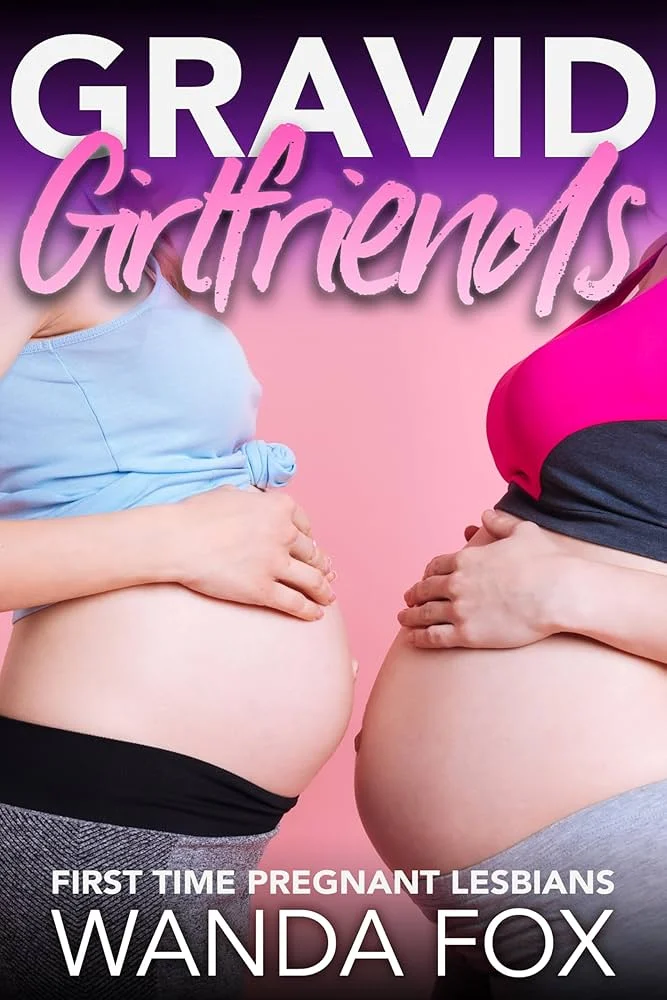As I sit in my kitchen typing away, my 6-year-old daughter is fast asleep on the couch, completely drained. The conversation we had just before she dozed off was utterly absurd, and I realize there was nothing I could have done to prevent it—not alone, at least. It feels like a societal issue, or maybe a deeper human problem.
In her case, the source of the concern came from a peer at school—a boy who claimed to be her friend. It made me reflect, “Are we really still facing this? Even with the wealth of knowledge and empathy available today, are we still grappling with these outdated notions?”
We strive to protect our children from various adult challenges, believing that some experiences could tarnish their innocence. Issues like substance abuse, violence, and complex decisions are commonly avoided for their well-being. Other concepts like sarcasm or mixed emotions may not be harmful but are often withheld due to their complexity.
Despite our efforts, we sometimes overlook the insidious messages that seep into our children’s lives. Today, I had to discuss a particular F-word with my daughter—a word that carries far more weight than failing a test or anything else that might typically concern a child.
This F-word, though it used to be innocuous, has morphed into a dangerous label that can cause distress. Once associated with beauty and health, it has become a source of anxiety for children. It was once a term that described the allure of mythological creatures or the wealth of individuals. Now it has turned into a weapon of ridicule, particularly when wielded by those who do not understand its implications.
The word “fat” was once considered neutral, but societal attitudes have transformed it into something negative. Our consumer culture, driven by unrealistic standards of beauty, has contributed to this shift. We have allowed advertisers and media to dictate our views, leading to a collective acceptance of harmful ideals.
This negative perception is perpetuated through various channels—movies, advertisements, and social media—all promoting an unattainable image of beauty. We internalize these messages and, in turn, reinforce them through our actions. For example, do you ever catch yourself asking a partner if you look overweight? Or do you criticize your own appearance in front of your children? These moments leave lasting impressions.
The proliferation of weight-loss culture further normalizes this obsession with body image. “Lose 10 pounds in two weeks!” or “I had to diet for that event!” become commonplace phrases in our conversations. We inadvertently pass these notions to our kids, feeding them a script that ties self-worth to physical appearance.
When my daughter expressed concern about her body, saying, “I never want to be fat,” it broke my heart. I wondered how a child could already be exposed to such destructive ideas. The words of a classmate, John, who called her “fat,” had penetrated her innocent world.
I asked her how that made her feel, and she replied, “Bad.” I probed further, questioning whether John’s opinion should dictate how she views herself. Her answer was definitive: “No.” I encouraged her to take ownership of her body image and decide what is good or bad for herself.
While I felt relief as she smiled and agreed, I still worried whether this lesson would hold against the incessant barrage of negative messages she would encounter throughout her life. Who will stand alongside me in this fight against the toxic ideals that surround us? There are some voices advocating for change in the consumer market, but we need more.
To initiate change, we must start with ourselves. Our worth is not defined by our weight or the weight of those we love. If we believe otherwise, it’s time to step back from consumerism, stop comparing ourselves to others, and embrace our true selves. This authenticity will resonate with our children.
For more insights on related topics, you may visit this website or check out this resource for expert advice. If you’re seeking support for pregnancy and home insemination, this is an excellent resource.
In summary, the harmful perceptions surrounding body image are pervasive and deeply ingrained in society. It is our responsibility as caregivers to challenge these beliefs and empower our children to define their own self-worth.
